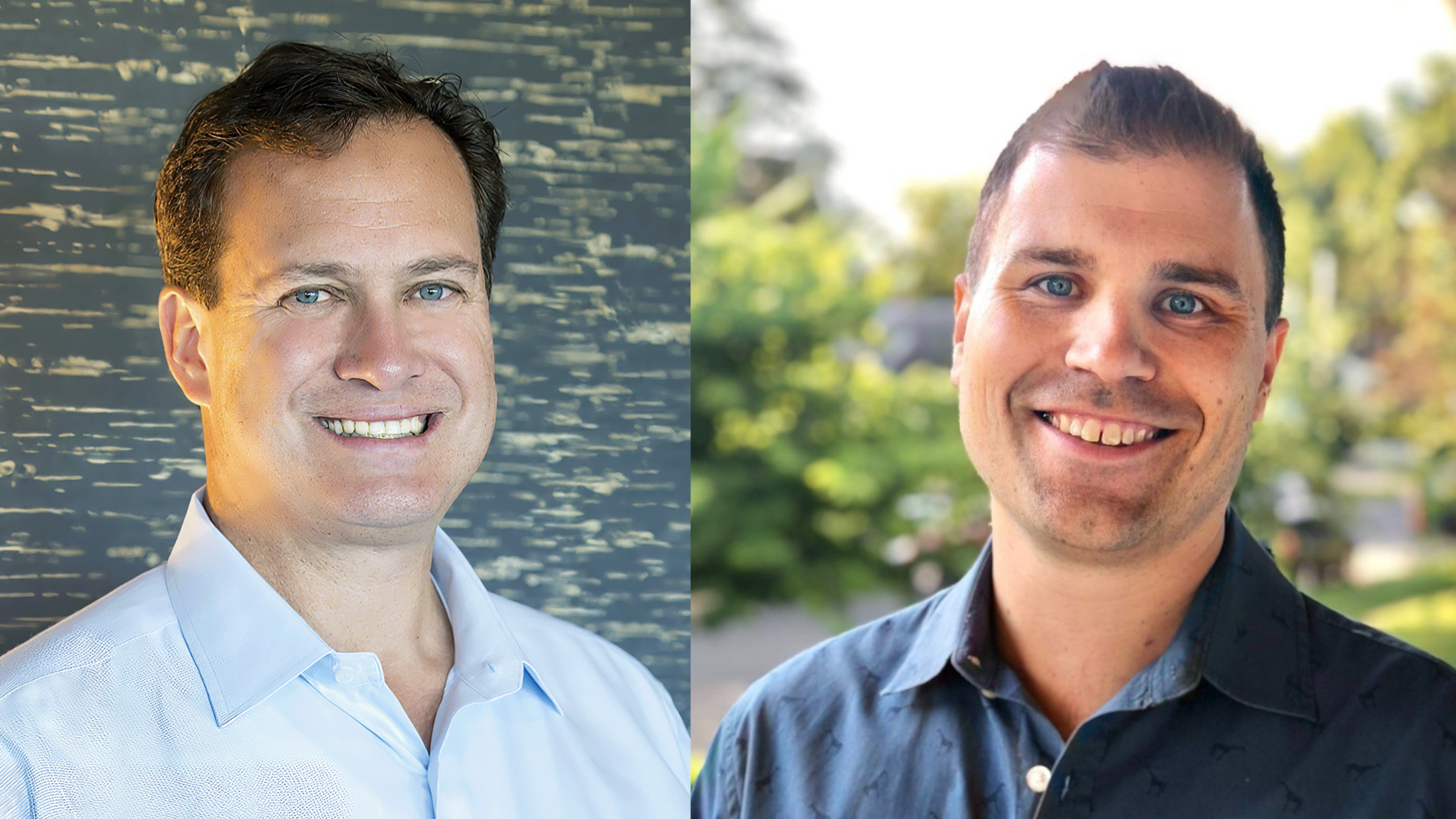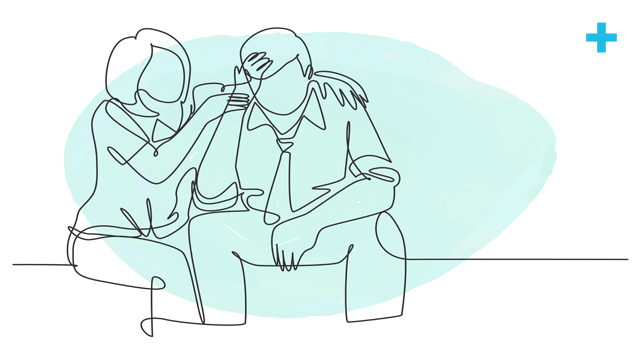At Reema, we believe that a community-based approach to care plays a meaningful role in improving health outcomes for all. We strive to “solve for the last mile” and identify effective solutions for our members. In order to do this, we recognize that health—and healthcare—are local.
What does it mean that "health is local"?
When looking at disparities in health outcomes, experts agree that health is determined more by your zip code than by your genetic code, with up to 60% of clinical outcomes directly tied to where a person lives and works. Diving a bit deeper, when we think about Social Determinants of Health (SDoH)—the broad contextual factors that shape a person’s overall well being—it becomes clear that where we live affects how we live.
SDoH is comprised of five key areas that include:
- Economic Stability
- Education
- Social and Community Context
- Health and Health Care, and
- Neighborhood and Built Environment
Connecting with Community-Based Healthcare: Amir's Story
When Amir first connected with Reema, his apartment was unlivable due to a water leak that had destroyed the ceiling, carpet, and his belongings, including his mattress. Additionally, although Amir tried to stay consistent with attending medical appointments, he encountered language barriers that discouraged him from pursuing additional care, despite having three heart attacks and a blocked artery.
For Amir, factors such as economic stability determined what kind of housing he had access to, and whether or not he was able to find a new apartment or replace his belongings after the leak occurred. Similarly, where Amir lives also determined whether the health care professionals he visited were likely to speak the same language as him.
Amir experienced a range of unmet health-related social needs that were related to how SDoH impacted his health. These social needs correspond to the day-to-day issues that shape our everyday lives, such as transportation, access to food, and having meaningful relationships.
Amir’s circumstances were unique, and needed a personalized approach. Reema’s approach to health care recognizes the importance of providing care for the community, by the community. Reema’s Community Guides live and work in the same communities as our members, creating a sense of shared identity and understanding of their lived experiences.
By building meaningful relationships with members, identifying their needs, and finding solutions and resources to meet those needs, Reema’s Guides are improving health outcomes by making a difference for members at the community level.
Shortly after meeting Amir, his Guide helped schedule an inspection of his apartment and was present while home repairs were being conducted. Amir’s Guide soon learned that he struggled with food insecurity and connected him to a community food pantry and also provided support in communicating with his medical team.
For Amir, his zip code and other SDoH shaped whether he had access to livable housing, which played a significant role in his overall health and well-being. By addressing needs such as housing, food access, and other non-medical risk factors, Amir’s Guide provided a personalized approach to care that responded to urgent needs and supported improved health outcomes. By approaching healthcare as local, we can ensure that “everyone has a fair and just opportunity to be as healthy as possible.”
For more insights drawn from members’ stories, read Reema’s popular eBook: Navigating Barriers: SDoH Insights From Real Member Experiences.



